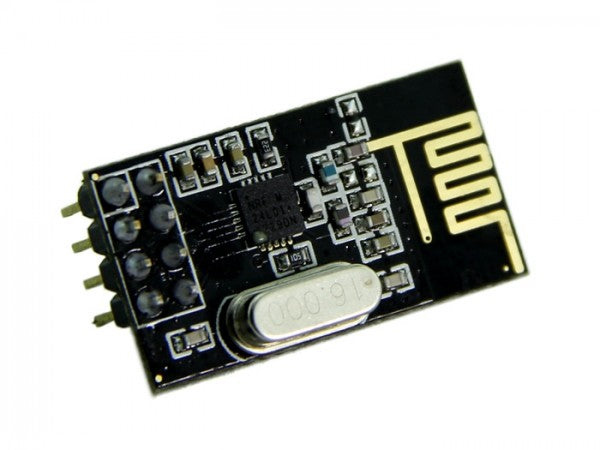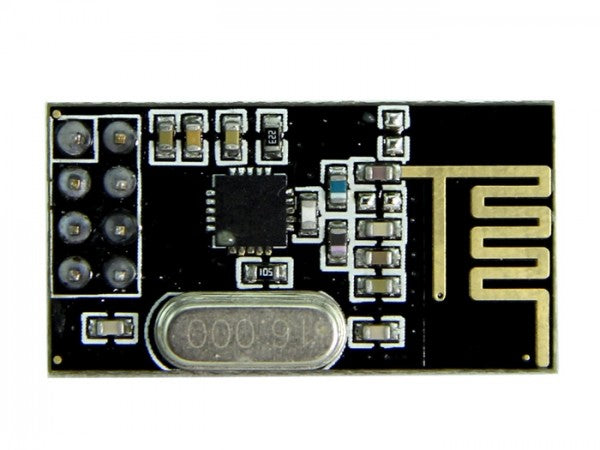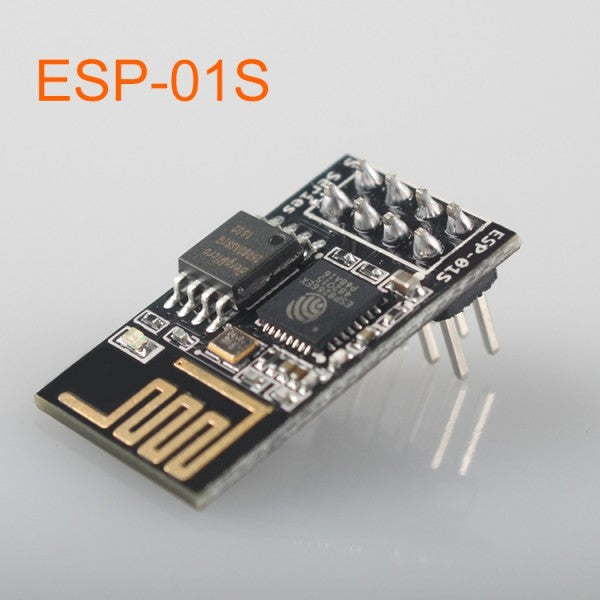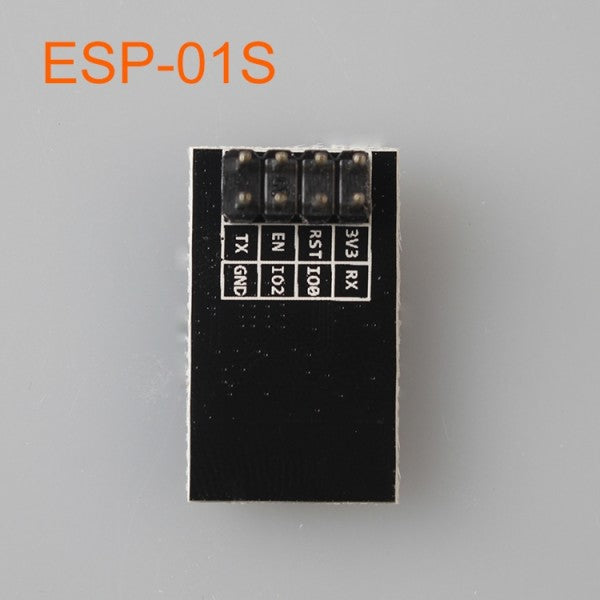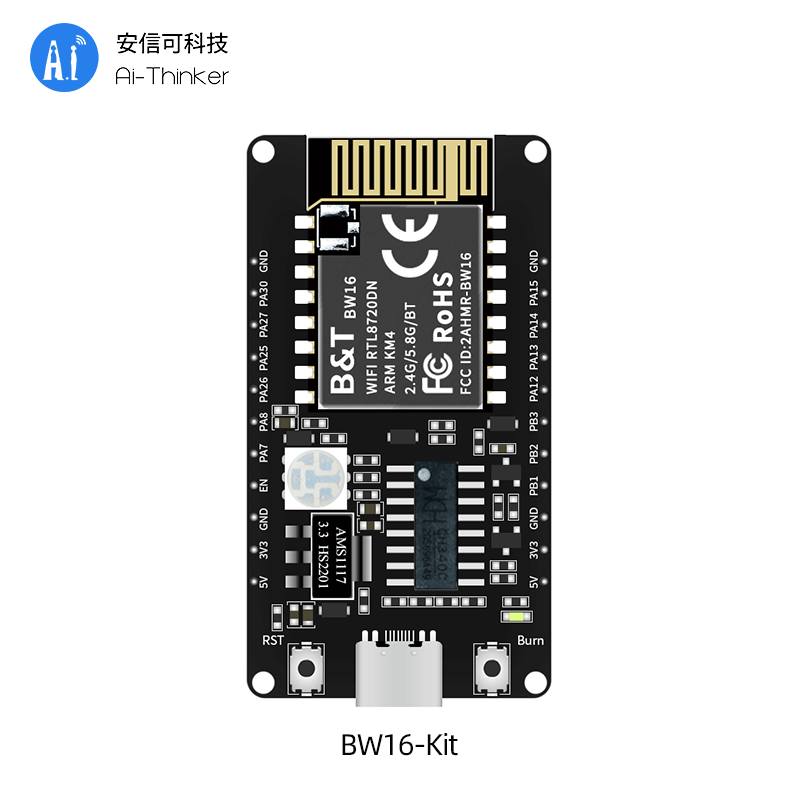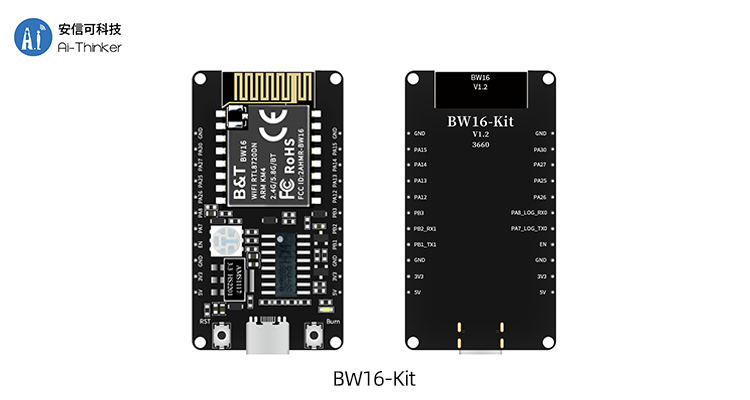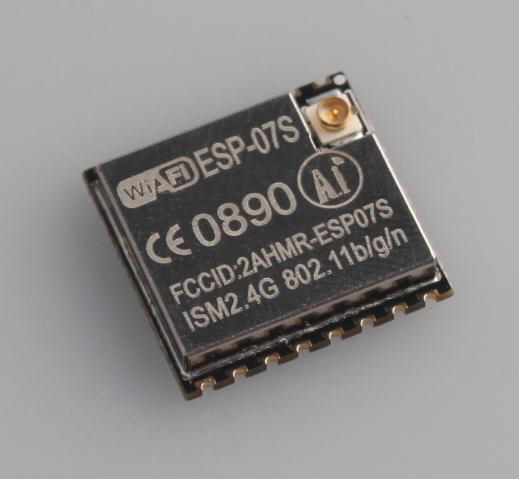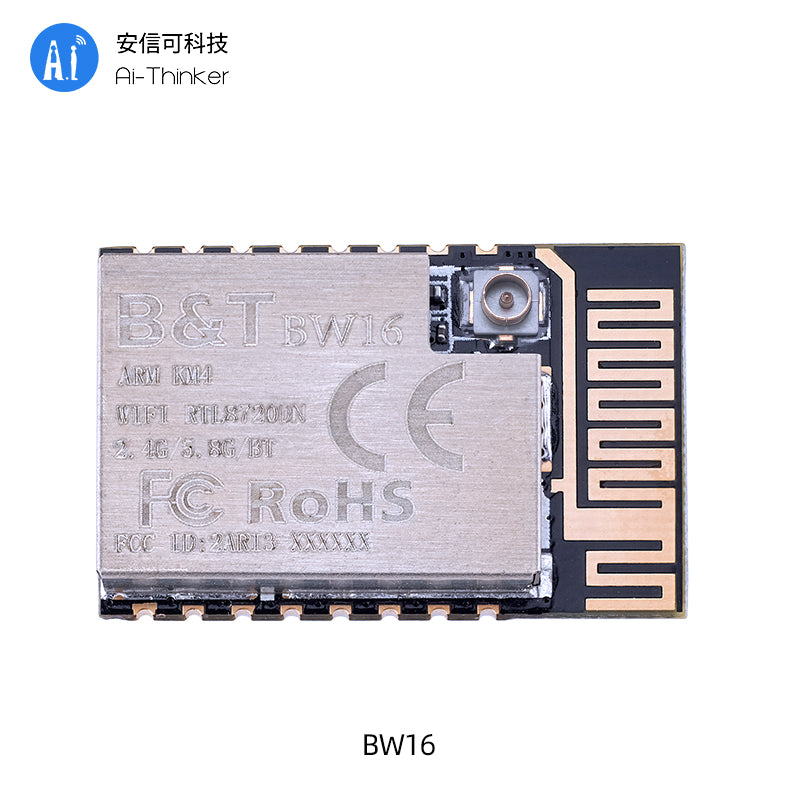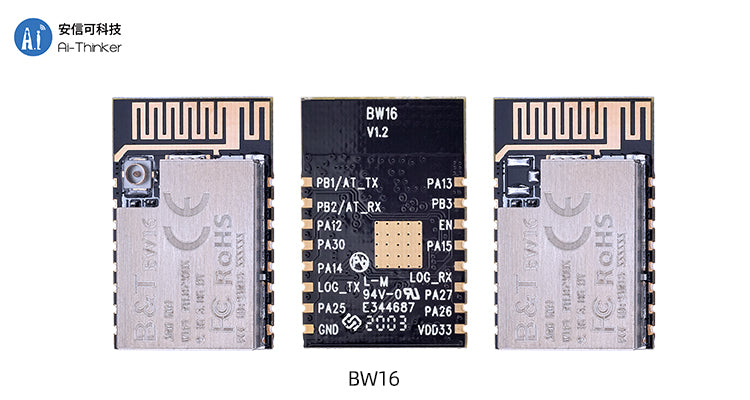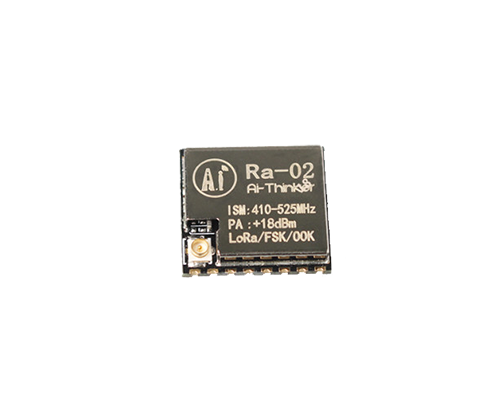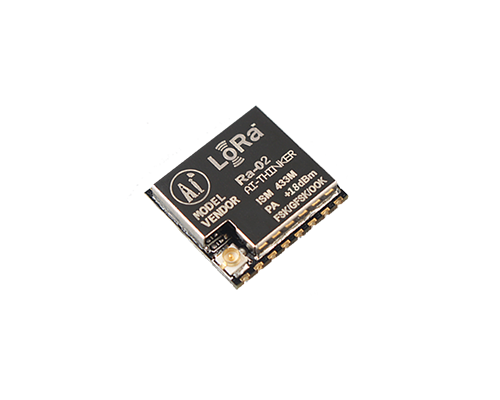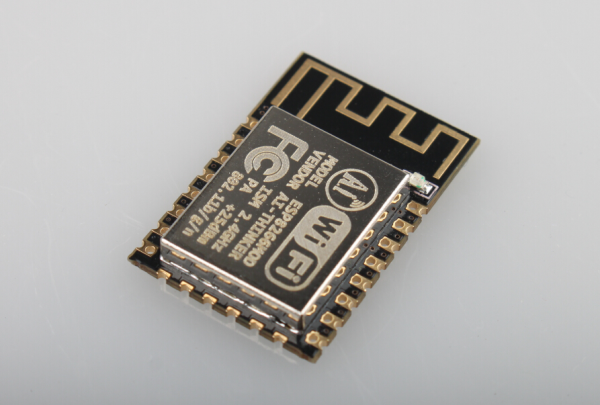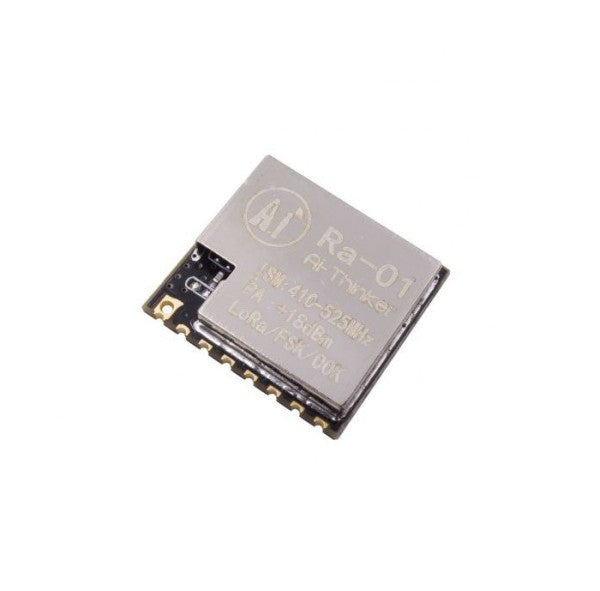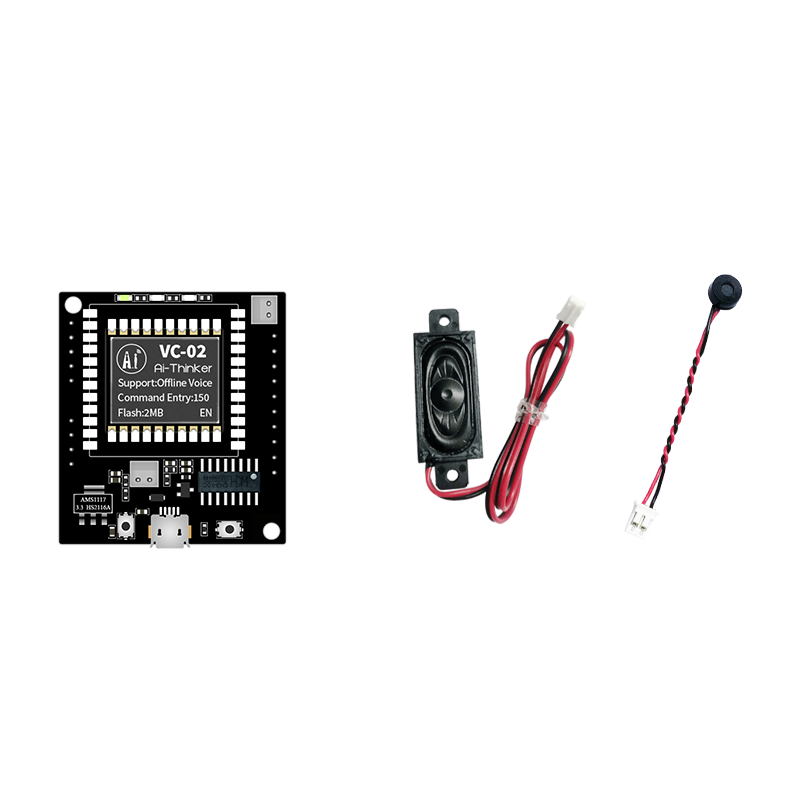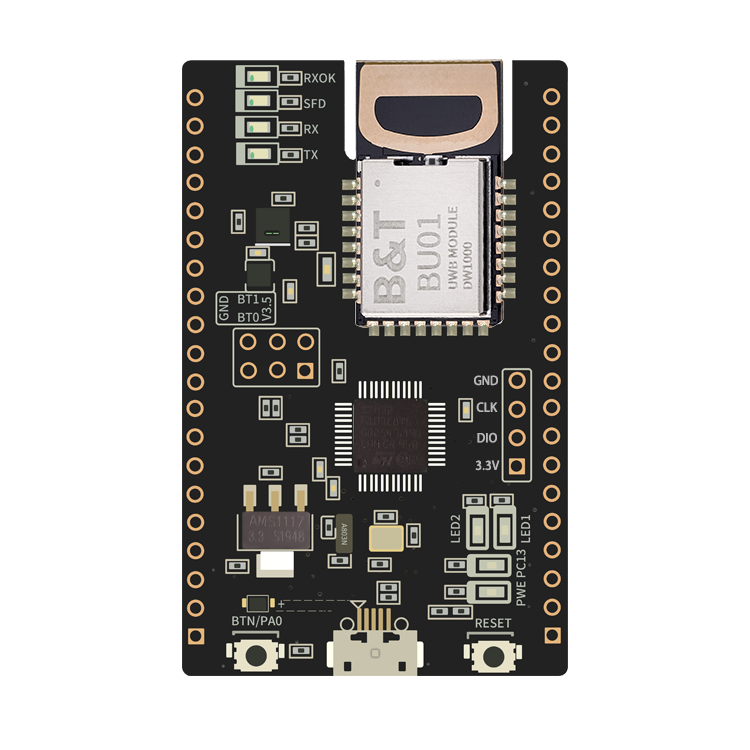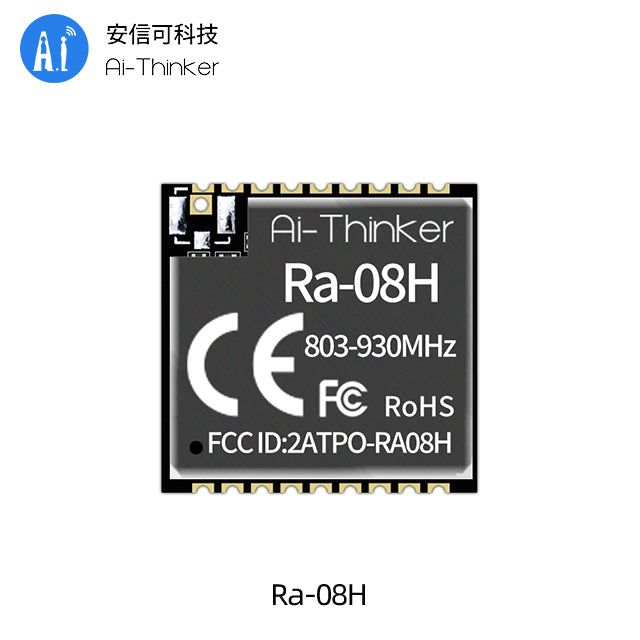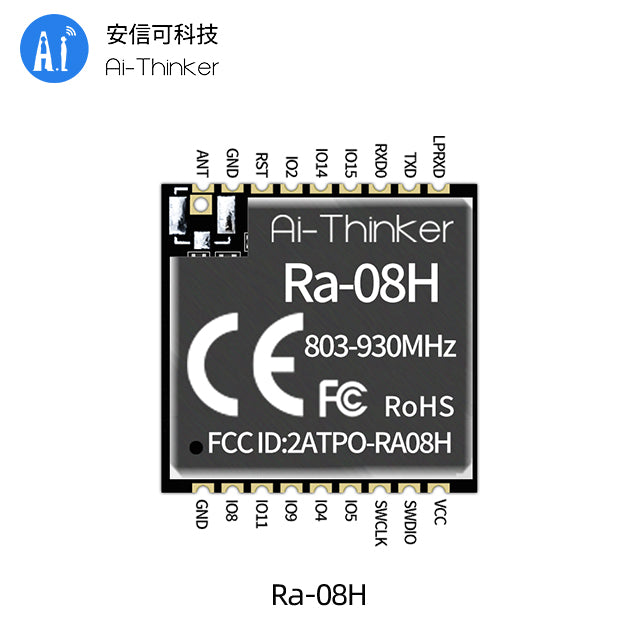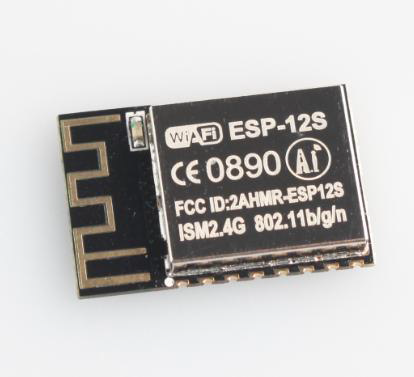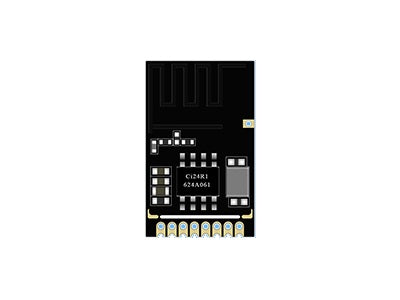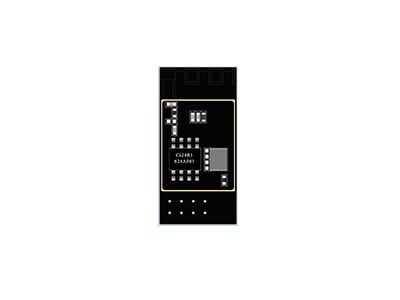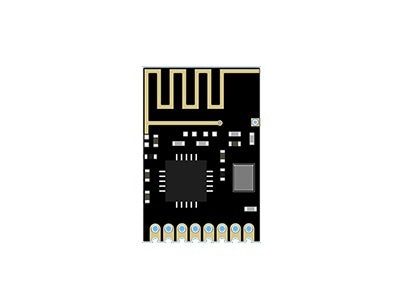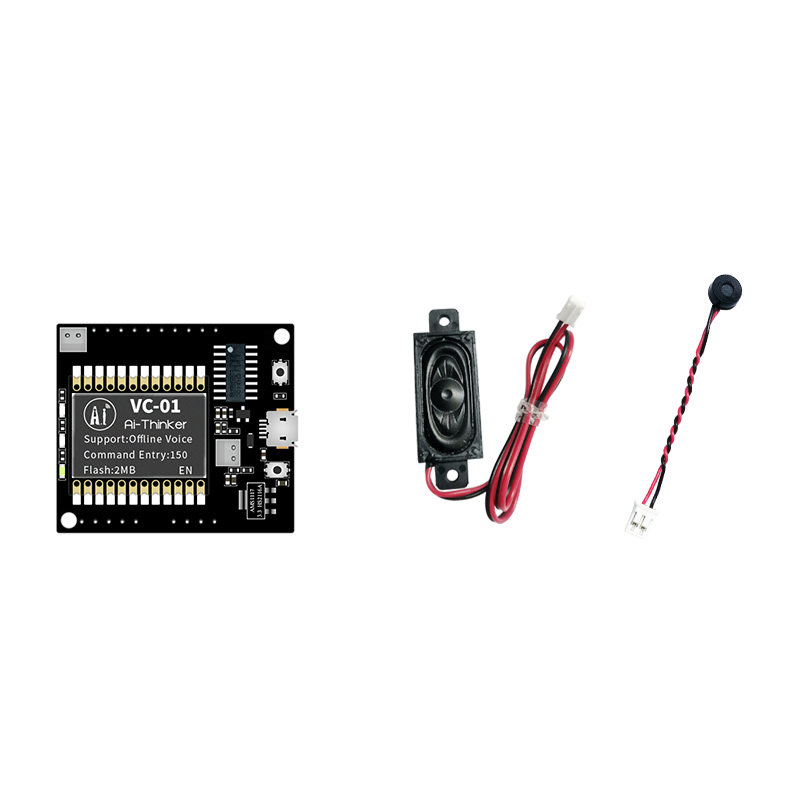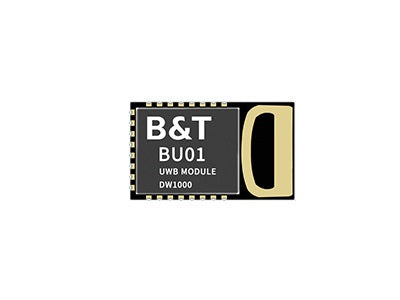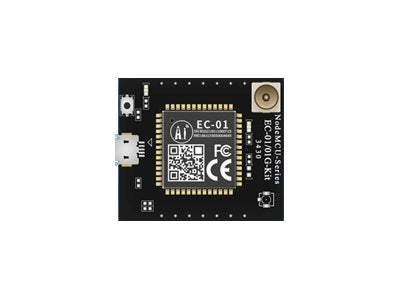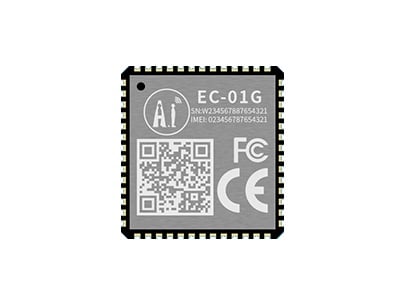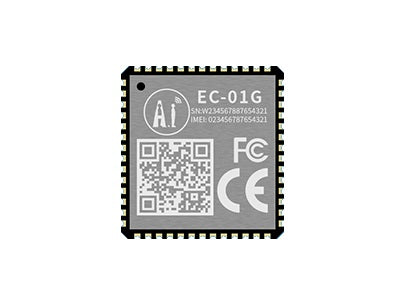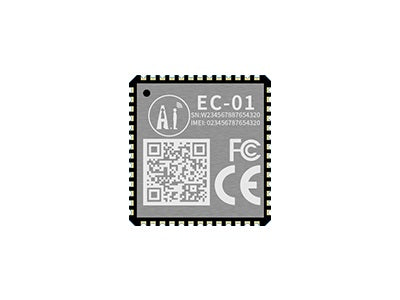The Internet of Things (IoT) is a network of everyday objects that enable data exchange through electronics, software, sensors and connectivity. Thanks to low-cost, network-capable microcontroller modules, the Internet of Things is really taking off. In this context, we keep hearing about the ESP8266 and ESP32 wifi chips, which are offered as modules by the company AI-Thinker, among others.
The ESP8266 chipset
The ESP8266 series is produced by Espressif Systems, a fabless semiconductor company operating out of Shanghai, China. The ESP8266 series currently includes the ESP8266EX and ESP8285 chips.
ESP8266EX (simply referred to as ESP8266) is a system-on-chip (SoC) that integrates a 32-bit Tensilica microcontroller, standard digital peripheral interfaces, antenna switch, RF balun, power amplifier, low-noise receive amplifier, filter and power management modules into a small package. It provides functions for 2.4 GHz Wi-Fi (802.11 b / g / n, supporting WPA / WPA2), general input / output (16 GPIO), Inter-Integrated Circuit (I²C), Analogue to Digital Conversion (10 -bit ADC), Serial Peripheral Interface (SPI), I²S interfaces with DMA (sharing pins with GPIO), UART (on dedicated pins, plus a transmit-only UART can be enabled on GPIO2) and Pulse Width Modulation (PWM).
The ESP8266 modules
With this, suppliers such as AI-Thinker have created a variety of compact PCB modules based around the ESP8266 chip. ESP8266-based modules have proven to be a powerful, cost-effective and networkable foundation for supporting end-point IoT developments. Espressif's official modules are currently ESP-WROOM-02 and ESP-WROOM-S2. The AI Thinker modules are concisely labelled ESP-01 to ESP-14.

